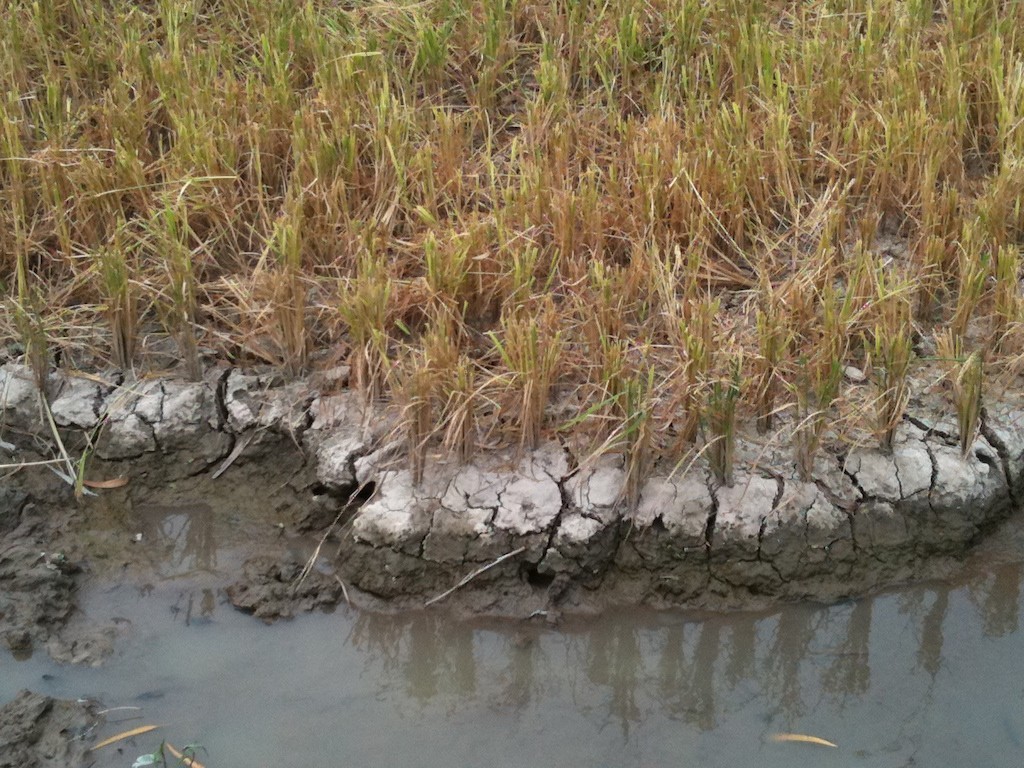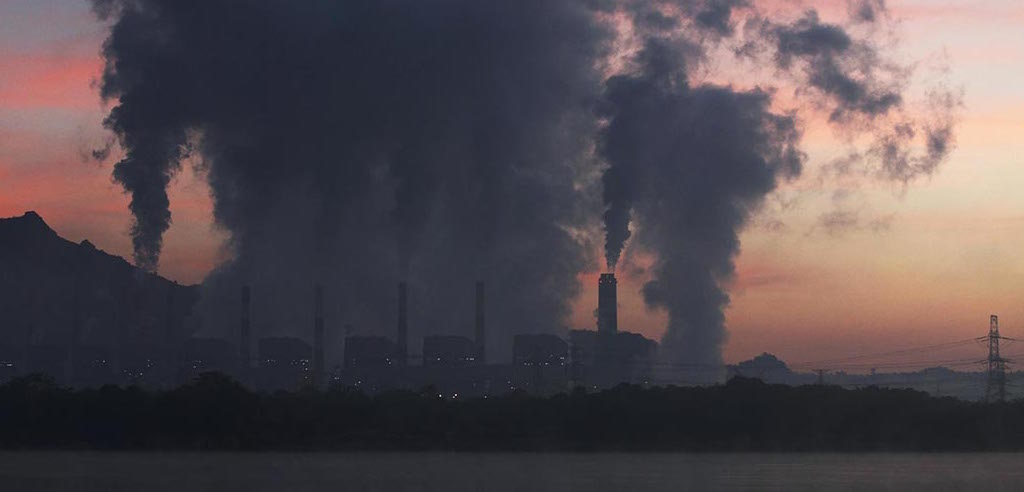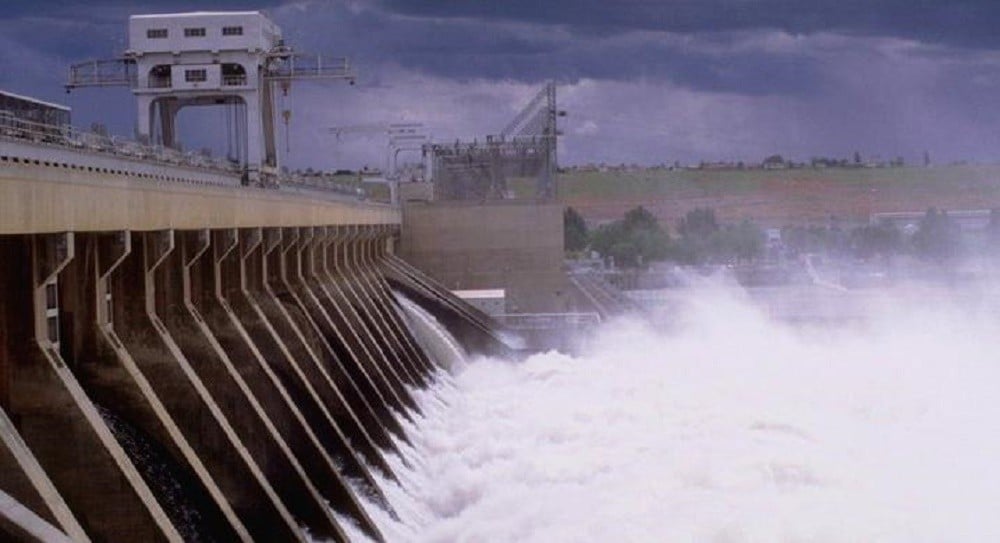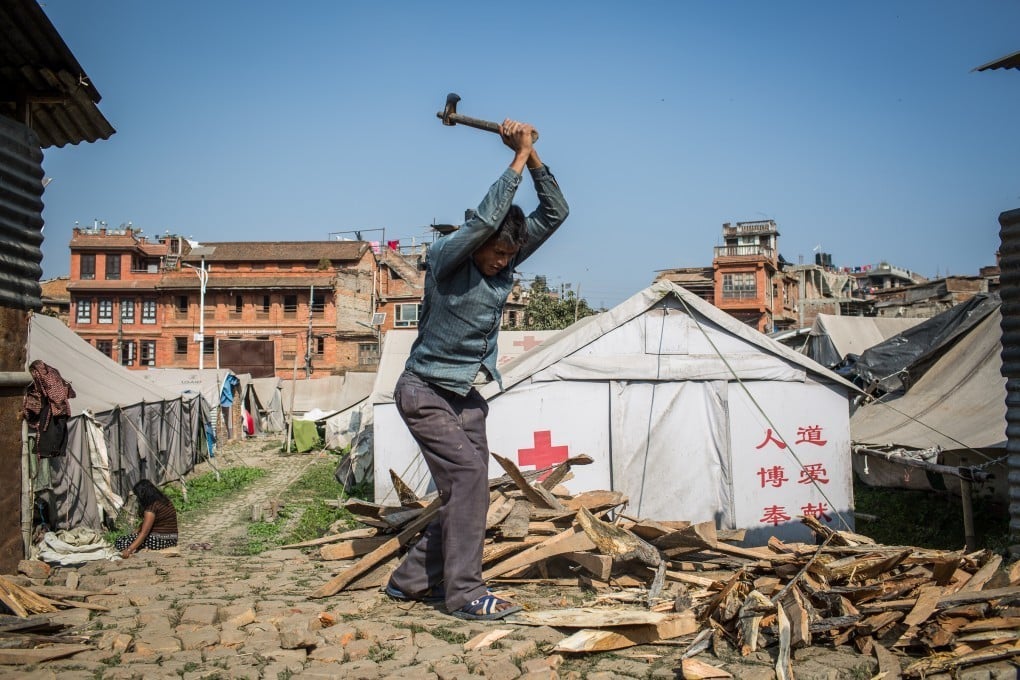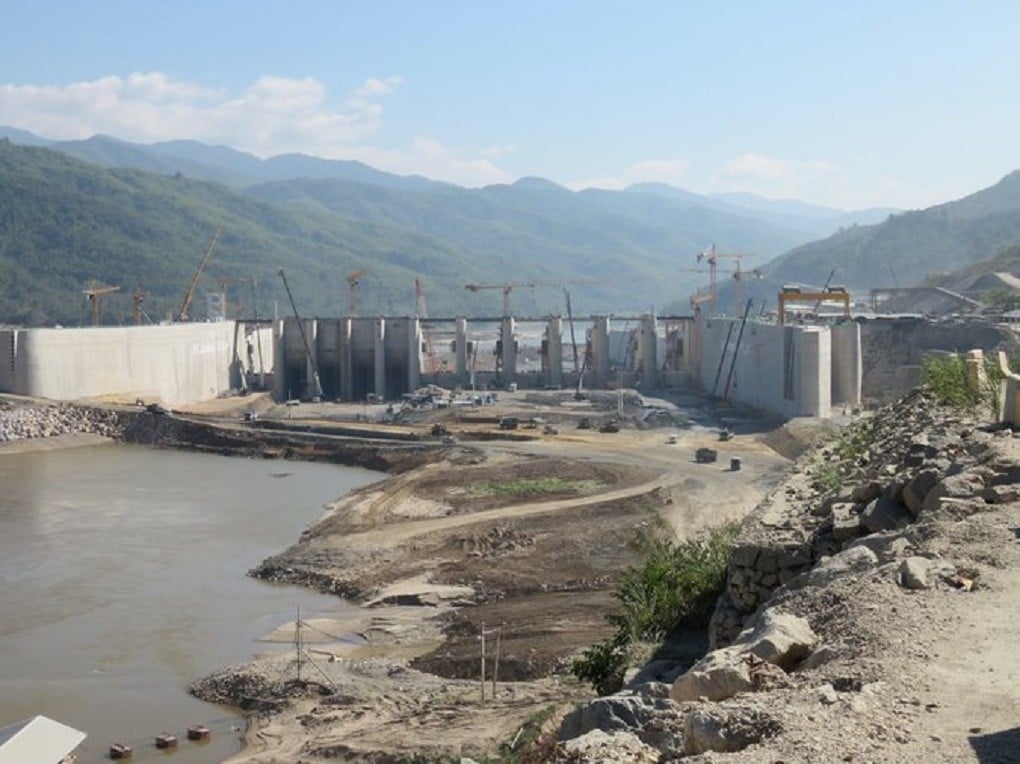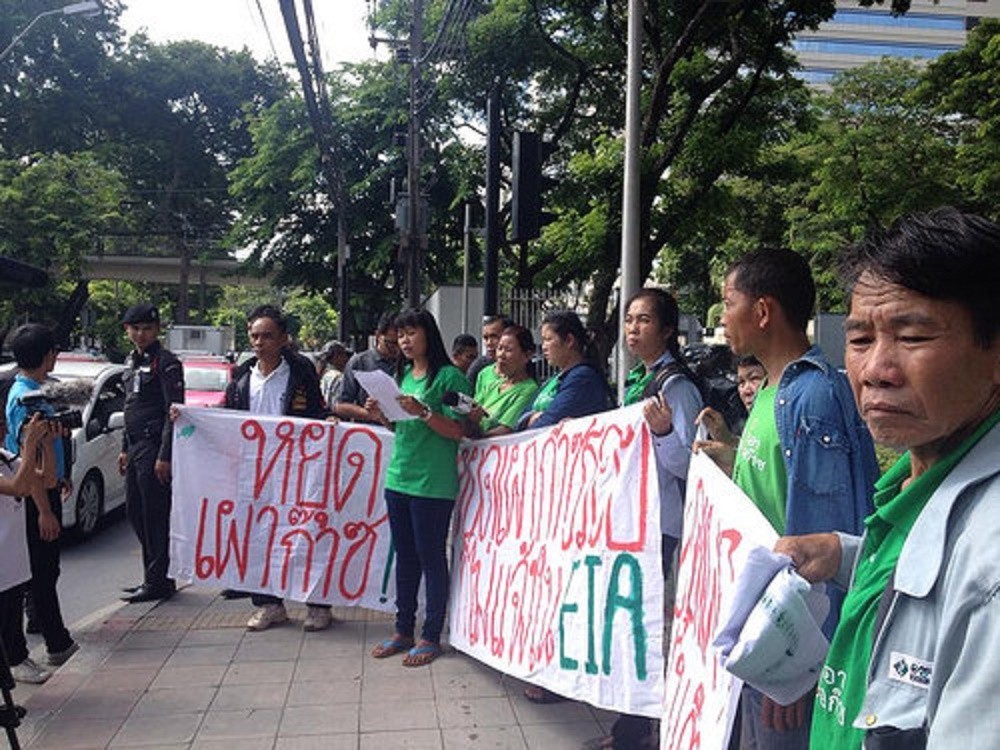Vietnam’s Mekong Delta is facing the most severe drought and salinization in nearly a century, according to the Ministry of Agriculture and Rural Development.
The serious conditions have occurred only once in the last 90 years, the ministry said at the conference in Can Tho City on Wednesday.
Prompt and assertive measures must be applied in order to prevent the heavy damage brought about by drought and salinization in order to ensure the lives and production of local citizens, Deputy Prime Minister Nguyen Xuan Phuc remarked at the meeting.
The deputy premier ordered competent authorities to prioritize a financial support plan for the localities in the delta for speedy approval by the prime minister.
Tag: climate change
Coal Power on the Rise: Mekong Region Digs In
While initiatives by the Asian Development Bank, ASEAN, United States, Japan, France and the private sector aim to advance renewable energy within the Greater Mekong Subregion (GMS), coal-fired power plants are slated to become an increasingly larger share of the region’s electricity generating portfolio.
Forecast Stormy for Mekong, Commission Says
With the threat of climate change, a long-lasting drought, and contentious dam construction in Laos, the Mekong River Commission (MRC) has its work cut out for the rest of the year. Composed of delegates from Cambodia, Laos, Thailand, and Vietnam, the MRC is in charge of managing the river that provides livelihoods and power for much of Southeast Asia. Several delegates said yesterday that the organization will face challenges in the years ahead.
“Water remains as important as ever,” said General Surasak Karnjanarat, the head of the MRC’s delegation from Thailand. “It needs to be recognized as key to various development goals…but the situation has become more complex due to a number of challenges we are facing.”
More droughts may mean less power
The future of hydropower looks dim as heat and drought intensify
Ten stories you should have read in 2015
We pick out the most popular and important stories published on The Third Pole in 2015.
Heading Off Negative Impacts of Dam Projects
Hydroelectric dams grace bank notes in developing countries, from Mozambique to Laos, Kyrgyzstan to Sri Lanka, a place of honor reflecting their reputation as harbingers of prosperity.
300,000 Vietnamese coastal residents seriously threatened by forest loss-triggered erosion
Thousands of households along the coast of Tien Giang Province in the Mekong Delta have been seriously endangered by soil erosion caused by the loss of protective forests.
Since the strip of protective forest, 21 kilometers long, covering the coast of Go Cong District has been ruined, around 300,000 locals and 55,000 hectares of farming land there have been “put under a knife blade” for years.
Houses in the coastal area from the Soai Rap River mouth in Vam Lang Town to Den Do in Tan Thanh Commune are under permanent threat and may be swept away or sunk by erosion any time.
A sea dike of steel concrete was built along the coast to protect local residential areas but it is just a temporary measure since sea waves have continued to encroach on land day by day.
In the Mekong Delta: Erosion, Pollution, and Millions of Shrimp
“Wrong way!” Stephen, our driver, shouted at Pablo through the rolled-up window of his 4×4. We had jumped out of the car to take a ferry across the Mekong to the toothbrush-shaped island of Phu Thanh, and apparently Stephen was unimpressed with our door-closing technique. Heedless of the swarms of motorcycles flowing around the vehicle, he engaged the handbrake and got out himself to demonstrate the proper method.
Opening the door and quickly slamming it with exaggerated force, he pointed accusingly at Pablo. “Wrong way.”
Once more he pulled the door open, smiling as he gently closed it with a barely audible click. “Right way.”
7 Carbon investment projects have been cancelled and the duration of economic land concession has been reduced
The government of Cambodia has decided to cancel 7 carbon investment projects and reduced the investment duration of economic land concession (6 projects) down to 50 years after reviewing environmental assessment reports of Ministry of Environment. According to an announcement of Ministry of Environment on October 16, 2015, after reviewing the environmental assessment reports of Ministry of Environment on 14 investment projects, Royal Government of Cambodia has decided that 6 economic land concession projects covering 45468 h.a in Koh Kong, Kompot and Pursat provinces could continue their operation within only 50 years.
Isan activists accuse Thai junta of siding with gas corporation
An environmental conservation group in Isan, Thailand’s Northeast, says that the Thai junta are siding with an oil and gas corporation to plunder resources and urges the US government to take action against the multinational petroleum company.
Na Mun-Dun Sat Conservation Group, an Isan environmental group, on Tuesday morning, 12 October 2015, rallied in front of the US Embassy in Bangkok and submitted a letter to embassy staff, urging the US government to hold Apico (Khorat) Limited, a US-based oil and gas exploration company, accountable.


